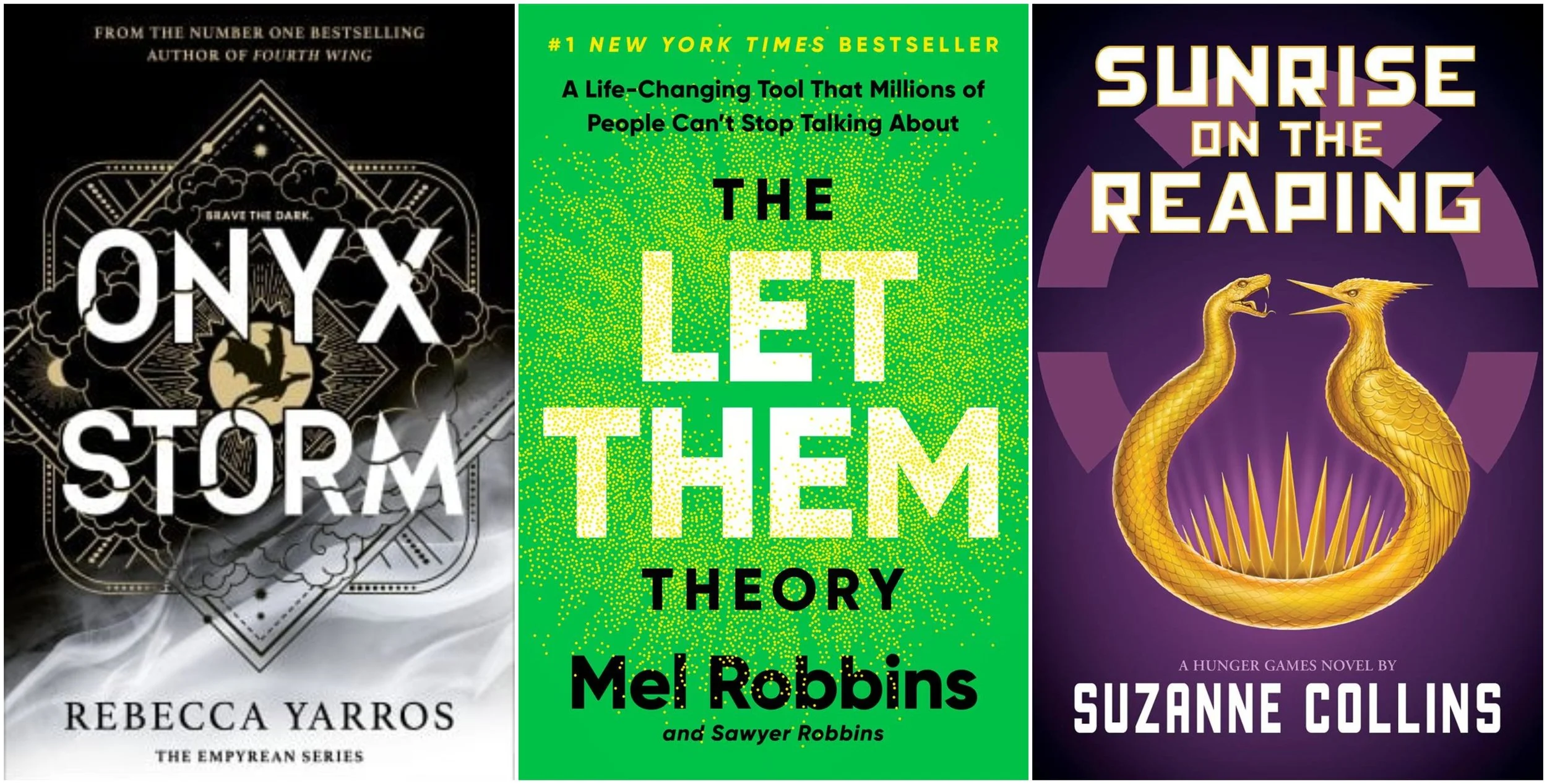This blog post continues our series where we’ll demonstrate how to highlight diverse book content using the Thema subject classification system. You can review our blog coverage of Thema here, and follow this series here.
In case you’re new to this series, here’s the main reason why we at BookNet are fans of the Thema subject classification system: compared to BISAC, Thema can communicate more granular and specific information about a book’s content which allows data senders and data recipients to share and display information about a book that represents a more diverse and inclusive range of content ripe for discovery by a marketplace that demands it.
New to Thema? Learn more about the basics here.
Thema: subject coding real life examples
In this series, we’ve been sharing examples included in EDItEUR’s Diversity and inclusion — using Thema and ONIX to improve discoverability report, as well as Thema classification codes and qualifiers for titles by or with a Canadian contributor — author, illustrator, translator, etc.
If you wish to take your Thema knowledge even further, we highly encourage you to read our previous posts part of this series, they’re all available here.
Please note that our suggestions don’t necessarily represent the actual codes chosen by the publishers; they’re meant to stimulate discussion and reflection rather than being authoritative statements of the correct way to categorize the particular books listed.
Black & White: An Intimate, Multicultural Perspective on “White Advantage” & Paths to Change by Stephen Dorsey 🍁 from Nimbus Publishing Limited
Following on the heels of his 2020 opinion piece in The Globe and Mail, Stephen Dorsey released Black & White: An Intimate, Multicultural Perspective on “White Advantage” & the Paths to Change with Nimbus Publishing in January 2022. In their description, Nimbus shares this about Black & White’s content:
The anticipated debut by a biracial community leader and citizen activist, exploring his lived experience of systemic racism in North America and the paths forward.
As a bilingual, biracial man, straddling Black and white, English and French Canada, Stephen Dorsey lives in a world of dualities. In his deeply personal and insightful debut, he offers readers intimate and unfiltered access to his lived experience of anti-Black racism around the world, including Canada, the United States, and Europe, focusing on his formative years growing up in 1970s Montreal as a Black child in a white family headed by a racist stepfather, and details his personal awakening inspired by the Black Lives Matter movement.
A powerful blend of autobiography and social analysis, Black & White is an intimate excavation of systemic racism in North America — from our health-care and education systems, to policing and law, to a deep analysis of the uniquely intersectional discrimination faced by minorities in Dorsey’s home province of Quebec. With an inclusive and accessible approach, aimed at community connection and education, Dorsey delves deep into Canada’s history of racial discrimination and, by contrasting it with that of our American neighbours, debunks our nation’s mythological narrative, providing necessary context on white privilege, which he calls “white advantage”, and offers concrete pathways to lasting societal change.
Holding readers gently to account, Black & White is the book for the ally in all of us.
So, let’s explore how Black & White could be categorized according to the Thema subject categorization.
Points of Reference: Publisher-provided metadata
Referring to the publisher’s metadata record for the book, we have some information about the book’s classification. The publisher has assigned the book with a BISAC subject category of SOCIAL SCIENCE / Black Studies (Global) as well as a Thema subject classification of “Ethnic studies”.
We’ll use this information, as well as the publisher-provided book description, to go a bit further and demonstrate additional theoretical subject categorization according to the Thema subject categories hierarchy, using EDItEUR’s Thema browser.
Theoretical subject categorization
JBSL: Ethnic studies or JBSL13: Mixed heritage / mixed race groups or people
JBFA1: Racism and racial discrimination / Anti-racism
DNBA: Autobiography: general
JPW: Political activism / Political engagement
Accompanying qualifiers
5PB-GB-M: Relating to Black, Asian and Minority Ethnic (BAME) peoples
1KB: North America (USA and Canada)
1KBC: Canada
1KBC-CA-QMM: Montreal
Rationale
Black & White will certainly appeal to a growing audience of readers looking for content relating to diversity and inclusion, in line with recent releases by Shakil Choudhury and Bethaney Wilkinson (in fact, all three were featured on a fabulous panel at this year’s FOLD Festival, you can watch the recording here). With Canadian content previously lacking in the space, Stephen Dorsey’s book attempts to fill some of the gaps left by the largely US-based content that flooded into the market following George Floyd’s murder on May 25, 2020. An important book in an important time, Black & White’s contribution will be noticed when readers can find and purchase the book, and subject classification is integral to getting the right book into the hands of readers who want it.
Let’s get down to the rationale behind the proposed subject categories for this book, shall we?
As mentioned earlier, Black & White’s publisher Nimbus Publishing assigned a Thema subject classification of “Ethnic studies” in its metadata records for the book.
Following the second of Thema’s six golden rules, we want to be sure to classify as precisely as appropriate, not always as precisely as possible. Reading the description of the book, I might code under “JBSL: Ethnic studies” or more precisely to “JBSL13: Mixed heritage / mixed race groups or people” as the main subject, pointing to the publisher’s leading description of “The anticipated debut by a biracial community leader and citizen activist.…” The publisher’s chosen “JBSL: Ethnic studies” remains a valid selection.
I have assigned additional subjects of “JBFA1: Racism and racial discrimination / Anti-racism”, “DNBA: Autobiography: general”, and “JPW: Political activism / Political engagement” following the description of the text as shared by the publishers.
Where Thema shines is the use of qualifiers. As EDItEUR posits on their website:
Thema goes further than earlier subject schemes intended for commercial use to ensure that it is internationally relevant, by combining a robust selection of shared subject categories with an expansive list of post-coordinated subject qualifiers which can include national variants and extensions.
For the case of Black & White, I have selected qualifiers that will flag this content for the appropriate audience. The first qualifier I selected also helps illustrate a big problem when it comes to internationally-coordinated standards: sometimes the words and phrasing used in other parts of the world don’t represent the common parlance in your market. I am of course speaking of the qualifier “5PB-GB-M: Relating to Black, Asian and Minority Ethnic (BAME) peoples”. The BAME acronym and corresponding term aren't used in much Canada. Black, Indigenous, and People of Colour (BIPOC) and Indigenous, Black and People of Colour (IBPoC) — which strives to place “First Peoples first” — are more common. Moreover, the book description calls out Canada, Montreal, and North America, so I have suggested the qualifiers “1KBC: Canada”, “1KBC-CA-QMM: Montreal”, and “1KB: North America (USA and Canada)” accordingly.
Want more worked examples?
To read more examples as they are posted, subscribe to our weekly eNews. And if you’re a Canadian publisher interested in submitting a Thema classification for one of your titles so it can be shared in this series, please get in touch with us!















An overview of the latest developments and the newly published best practices in ONIX and Thema.